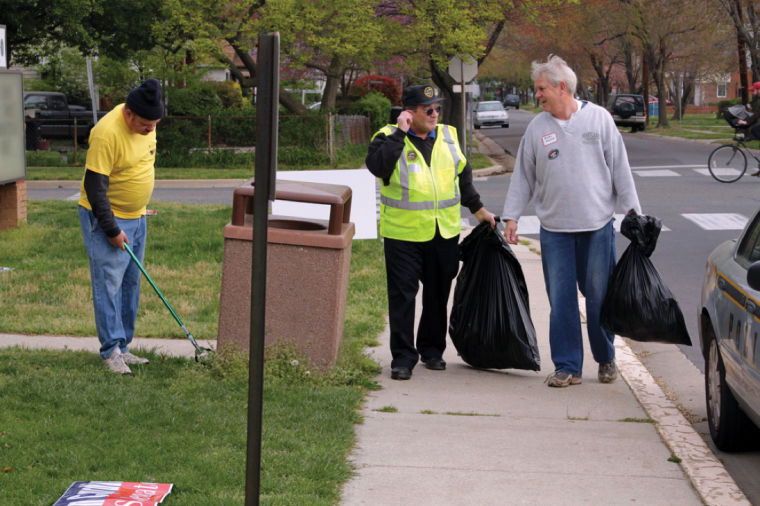Views expressed in opinion columns are the author’s own.
Walk around any place on campus where students congregate, and you’ll hear a common theme: students commiserating about the difficulties of college life. I get it. I complain about college on the daily; it’s hard to balance school, work and activities. But it’s even harder to keep things in perspective.
Just by virtue of being in college, students at the University of Maryland are a relatively privileged group — one that happens to be situated in an underdeveloped area. While the university does make efforts to address inequality and privilege, it is missing a crucial and obvious component in doing so: mandatory community service.
To burst the bubble of College Park, this university needs to create a general education requirement that teaches about the value of community service, both in the classroom and through experience. Students would learn about the root causes of a social issue, think critically about solutions and ultimately engage in service that has a tangible impact on both them and their surrounding community.
Community service has many benefits. It creates positive change on and off campus, allowing students to get out of their comfort zone and get to work improving the world around them. Participating in service encourages students to find new passions, and it enables them to form close friendships with peers who have similar priorities and interests.
Another important facet of community service is that it exposes students to issues they normally don’t come into contact with. With the flurry of academic, social and extracurricular activities available on campus, it’s easy to become sheltered from the real world. In my past volunteer experiences — in and outside of college — my eyes were opened to my own privileges. I learned to appreciate the opportunities I have, and recognize the importance of using my position of privilege as a college student to help others. That’s a life-long lesson students should learn.
The never-ending need for community service means this potential course, despite being a gen-ed, could be tailored to be relevant and meaningful for students across different majors. So whether you’re studying environmental science and policy, electrical engineering or government and politics, the community service course would be adapted to focus on a problem that pertains to your studies and interests.
There’s a precedent for service-based learning at this university. The College Park Scholars program already incorporates volunteer opportunities that are each connected to the different focuses of the 12 individual programs. There’s even a Service Day at the beginning of each year.
If a service general education course were added to the curriculum, it could mean another requirement for students’ already-packed schedules. But the service course could replace another requirement under the diversity category, which already addresses the methods of achieving “just, equitable, and productive societies.” Having a service course requirement actually benefits busy students, as they wouldn’t need to take time off of work or extracurriculars to find service opportunities.
For many students, college is a selfish time. It’s all about finding your own career path, making your own friends and succeeding in your own academics. Students’ experiences would be enhanced by a requirement that they take a step back from their lives and help others through community service.
Maya Rosenberg is a sophomore journalism and public policy major. She can be reached at maya.b.rosenberg@gmail.com.



